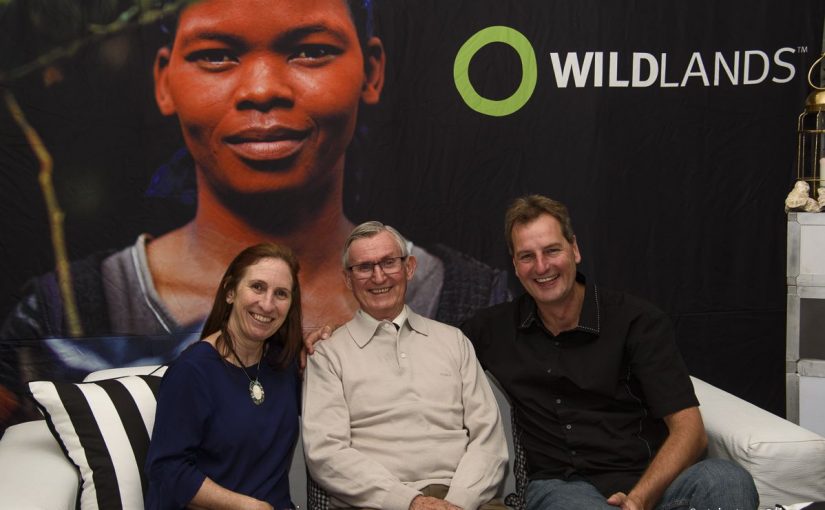WILDLANDS are excited to announce some changes which have been brewing over the last few months. We believe that these changes will significantly inform and shape our ongoing growth and ability to make both a substantial and sustainable conservation difference.
WILDLANDS CONSERVATION TRUST will now be known as WILDTRUST. WILDTRUST, established in 2004 through the merger of two regional Trusts, has a vision of a “Sustainable Future for All”. It pursues the realization of this vision through two core programs, its WILDLANDS and WILDOCEANS programs.
Core to this new journey has been the launch of our WILDOCEANS program, under the leadership of Executive Director, Dr Jean Harris. This new program consolidates the existing WILDLANDS’ marine and coastal conservation work, and enables the expansion of support for the ocean environment and the sustainable development of coastal communities and the blue economy.
The WILDLANDS program activities, led by Dr Roelie Kloppers (Executive Director), has grown into an incredible portfolio of terrestrial conservation and sustainable community development projects – and will continue to do so.
WILDENTERPRISE is the new brand name for our Enterprise Development arm, previously known as WILDLANDS Green-preneurs Pty Ltd – established in 2011.
Our work will be anchored and supported by our revamped social media platforms and new website, www.wildtrust.co.za, which provides a consolidated platform for all our activities.
Find us and follow us on social media:
- Facebook: @WildlandsConservationTrust and @WILDOCEANSSA
- Twitter: @WildlandsSA and @WildoceansSA
- Instagram: @WildlandsSA and @WildoceansSA
Through this brand restructure process we have adopted a “We’re for The WILD” statement of intent, which captures the spirit, commitment and common purpose of the incredible WILDTRUST team.
We’re for The WILD
We work for the WILD places, the open spaces, on land and sea,
the green places, oases in our sprawling cities
We work for the safety of threatened species, conserving and restoring the ecosystems in which they can thrive.
We work for the upliftment of people and communities, creating WILD livelihoods that provide dignity and a future for families.
We’re for The WILD
for bringing Humankind and Nature back into harmony,
reducing the impacts of humanity, while providing opportunities for people.
We grow, we green, we sustain, we restore, we protect, we nurture resilience.
People and Planet.
Now. Tomorrow. Forever
We’re for The WILD
We encourage you to visit our fresh new website, as well as follow our work on our social media platforms. We trust that you will continue to support our journey as we strive for a more sustainable future for all.







